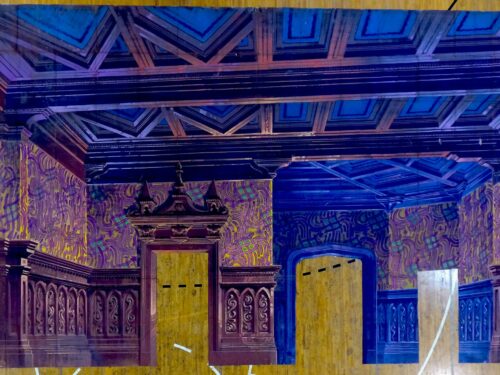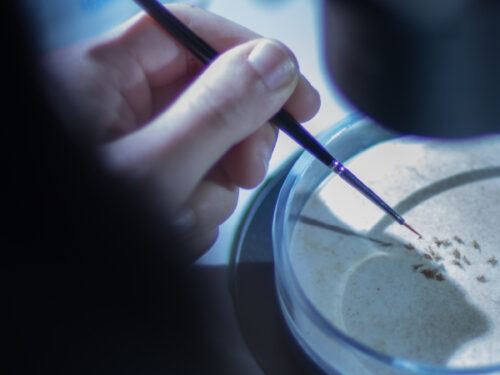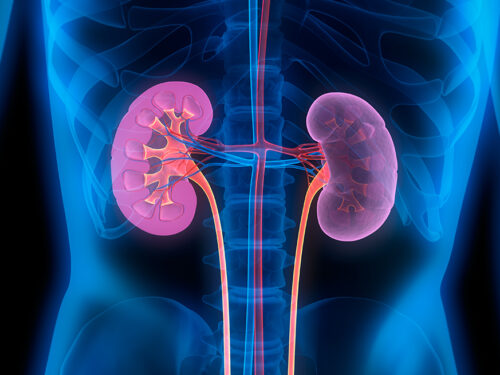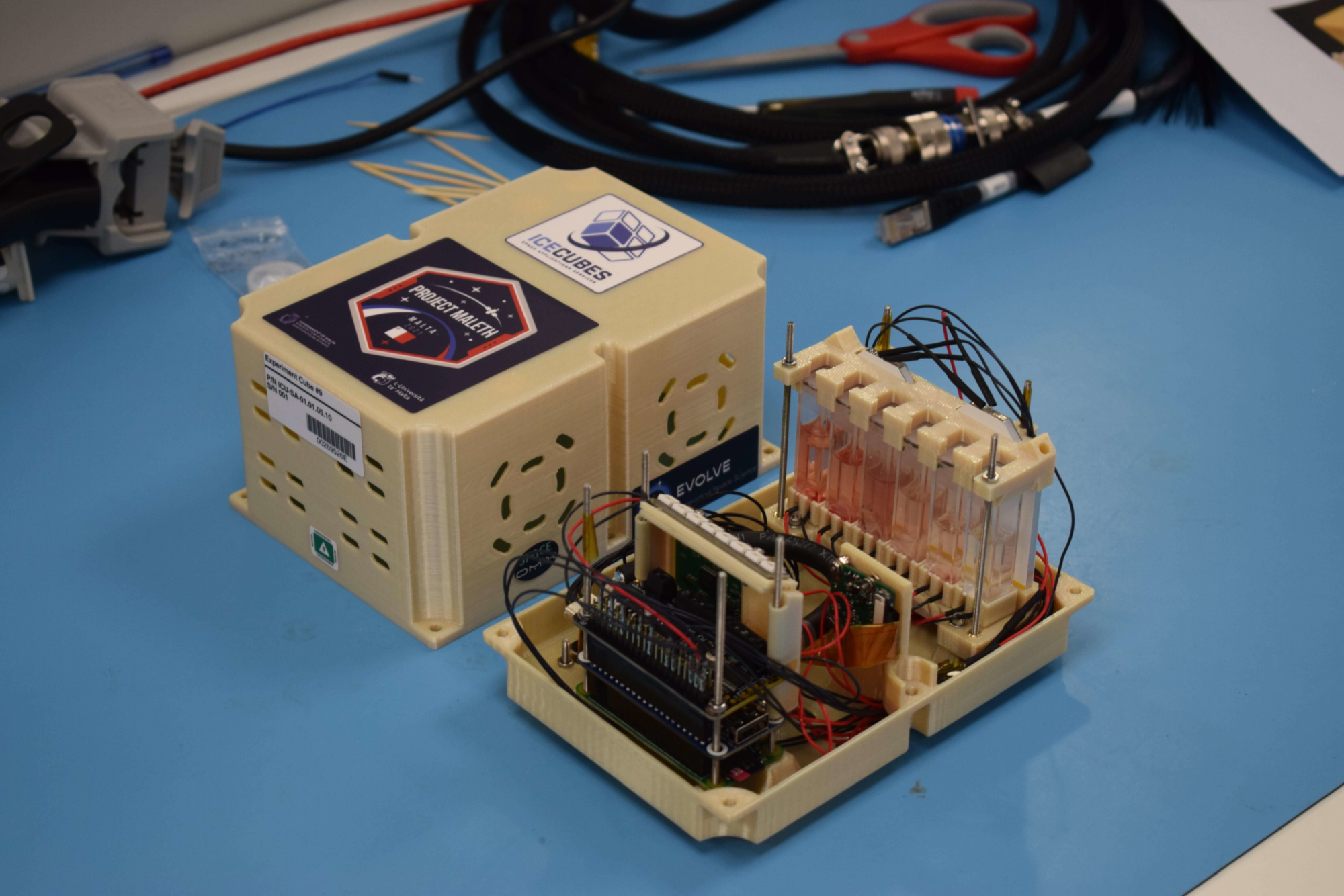
Malta’s first ever mission to space! In the Ice Cubes #9 – SpaceOMIX investigation, human skin microbiome samples (from selected Type 2 Diabetic patients with diabetic foot ulcers resistant to treatment) are studied as part of the first-ever Maltese space experiment on the International Space Station (ISS). The microbiome is co-cultured on both ground-based (analog) and space-based conditions to determine their adaptation and changes to the environment. All samples are analysed in a multi-omic manner using state-of-the-art molecular biology techniques, and all data is to be deposited as part of the NASA GeneLab database. This project holds a lot of promise for patients with Type 2 Diabetes Mellitus inflicted with Diabetic Foot Ulcers that are difficult to treat. If a number of biomarkers are identified using this approach, it can be a game changer for molecular therapy and precision-based medicine aimed at treating these ulcers and ensuring a better quality of life to these patients.
463 million people worldwide suffer from diabetes. Malta has one of the highest levels of cases, ranking third in Europe, with 12.2% of the population suffering from this disease.
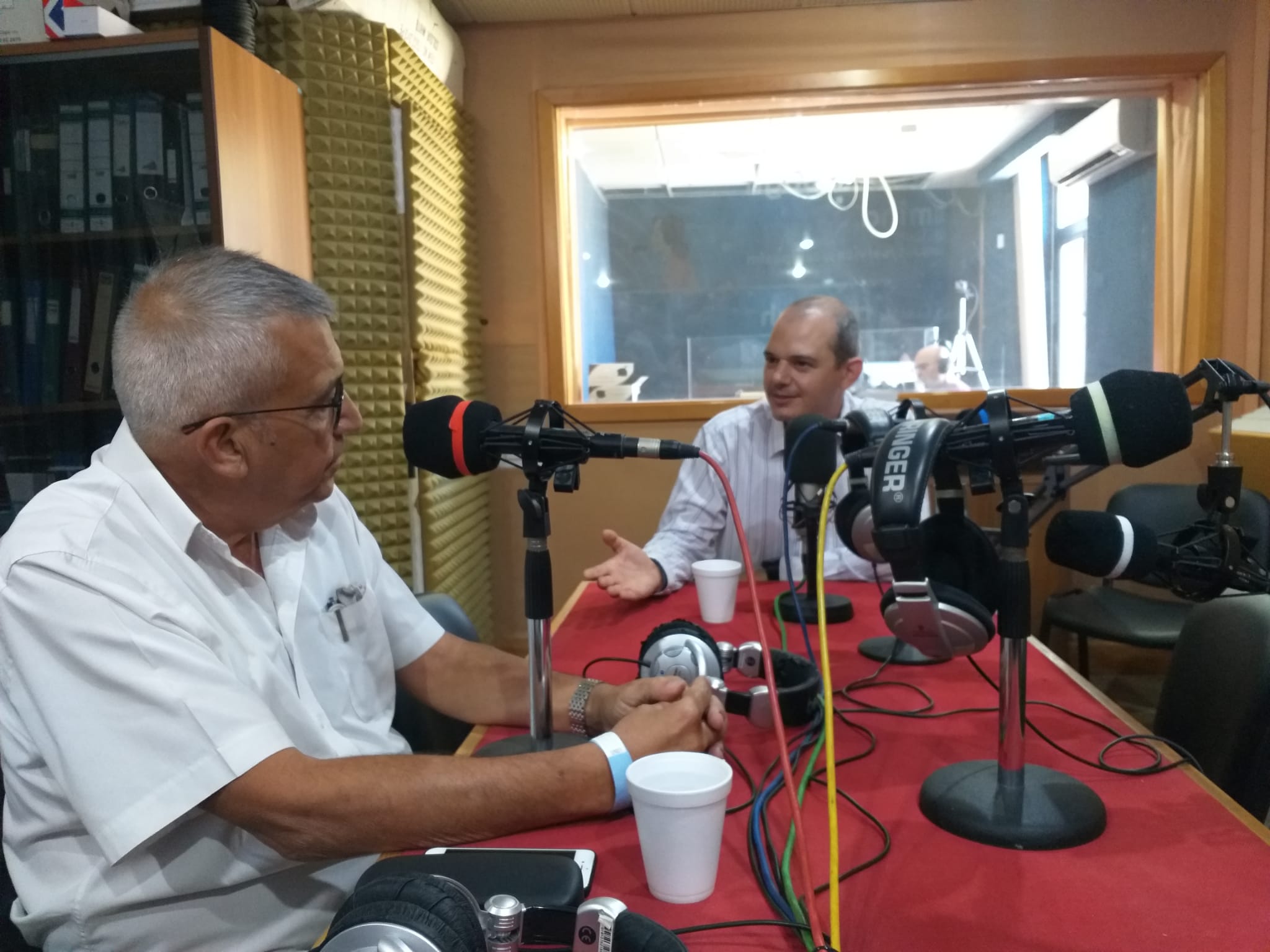
Professor Joseph Borg from the Faculty of Health Sciences of the University of Malta is leading the project. The study is a joint collaboration between Academia; medical and other staff from the National Hospital facilitated by Professor Kevin Cassar and his team, as well as biomedical scientists Ms Christine Gatt and Dr Graziella Zahra from the Pathology Department; Government, and the private sector.
Back on Earth, and in Malta, Professor Joseph Borg will now anticipate quick access to the experiments for additional observations and analyses on the microbiome samples from diabetic foot ulcers obtained from Type 2 Diabetes Mellitus patients.
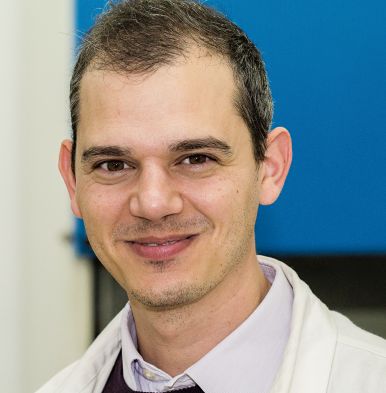
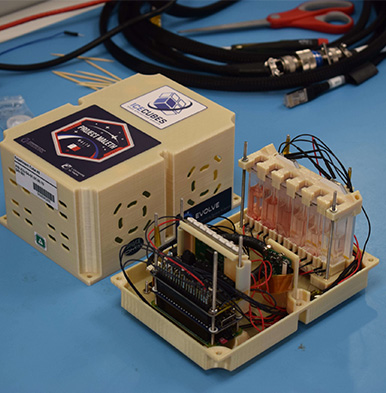
The RIDT is proud to have contributed to the success of this project by engaging with the local business community and finding the support of two Maltese companies – Evolve Ltd and Arkafort – which provided financial and logistic requirements for the project. Maleth is also funded by the Ministry for Foreign and European Affairs of Malta.

